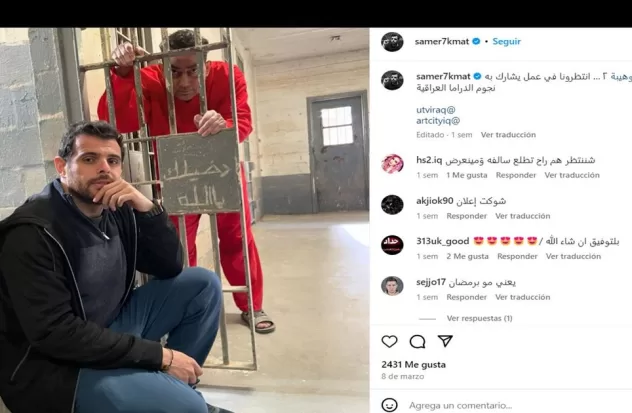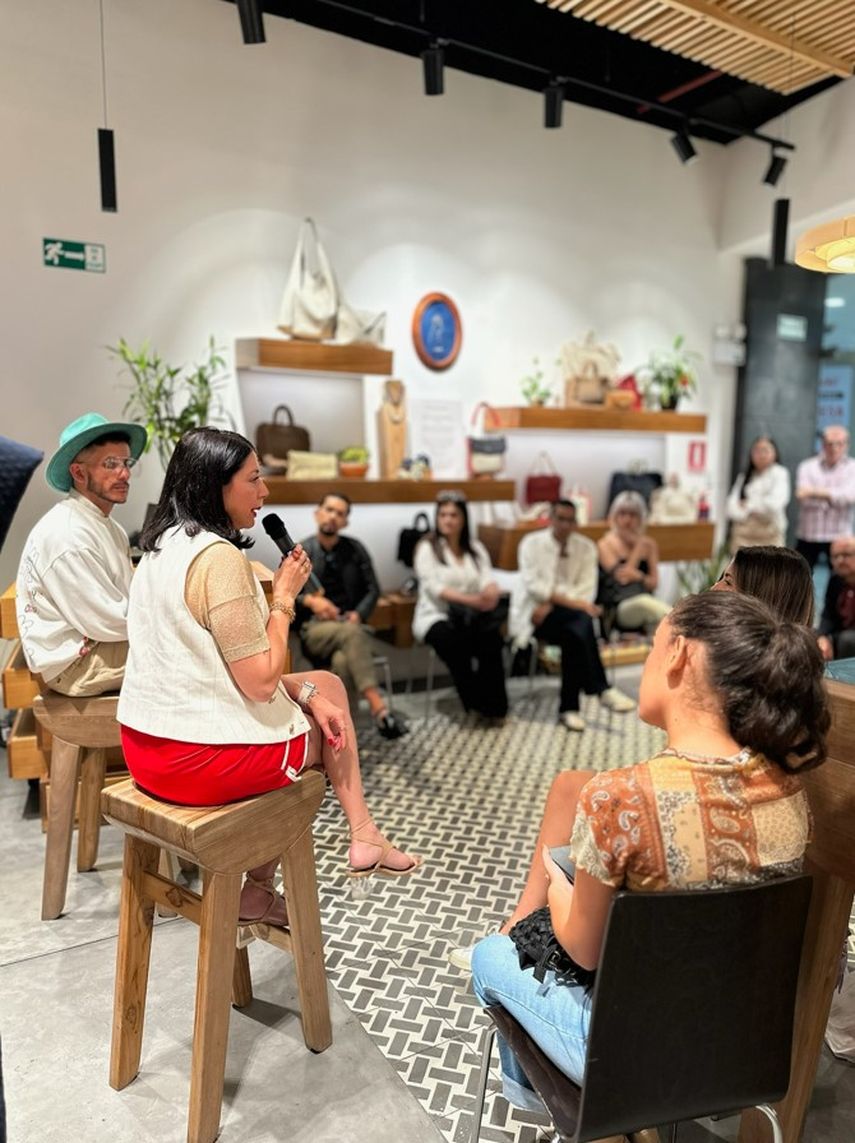BAGDAD.- After a hiatus of 27 years, a serie of television Iraq, banned during the dictator Saddam Hussein’s regime, returned to the screens to portray the story of the drug lords. drugs who prosper in the war-torn country.
“The world of Wahiba addresses the issues that concern our society, with war and chaos as a backdrop,” its director, Samer Hikmat, explained to AFP.
The fall of Saddam Hussein and the American invasion in 2003 opened a Pandora’s box. Between 2006 and 2008 the country was devastated by a civil war, but the most recent trauma was the takeover of about a third of Iraqi territory by the Islamic State jihadist group between 2014 and 2017.
“Decades of instability created a class of people who took advantage of the chaos,” Hikmat said, referring in particular to drug traffickers.
Iraq, initially a drug transit country, has seen an explosion in narcotics use in recent years, primarily Captan and methamphetamine.
First season of the series
The first season of The world of Wahibabroadcast in 1997, told the life of a nurse in an Iraq hit by international sanctions, imposed in 1990 after the invasion of Kuwait, which plunged many Iraqis into poverty and crime.
The first 17 minutes of the first episode were enough for the regime to decide to ban the series, fearing that it would encourage people to oppose the authorities.
A year later, the series received a regional award and the authorities tolerated its broadcast, but only in the middle of the morning, when the audience is at its lowest point.
This year, however, it is broadcast after the breaking of the Muslim fast, from the first day of Ramadan, a time when television audiences in Arab countries traditionally reach maximums.
Some of the actors died during the long hiatus of the series, but many of them returned to their roles, such as Wahiba, who now has a supporting role. His granddaughter, a psychiatrist, is now the main character.
In the capital Baghdad, in the same garage where scenes from the first season were filmed, director Samer Hikmat films a sequence in which a drug lord, Alaa, threatens to behead a member of his group.
Actor Zuhair Rashid, who plays the drug trafficker, believes that the series shows the harsh reality of the wealth created by drugs and its tragic consequences.
New trend
Despite its efforts, the Iraqi entertainment industry is still far from the success achieved in the Arab world by Syrian and Egyptian programs.
After the rise of the Islamic State, Iraqi series, which are only broadcast on local television, have focused mainly on telling stories about the brutality of the jihadists and the war waged to defeat them.
But specialist Mehdi Abbas points out that there is a new trend this Ramadan, with most of this year’s programs addressing strong social issues.
another series, Nay (flute in Arabic) addresses unemployment, especially among art students, and the growing gap between rich and poor.
Actress Suzanne Salehi, who stars in it, said that the program tells the desires of youth.
Real stories
Separacinanother Iraqi show, is based on true stories of divorces that writer Hassabalah Yehya followed in court, reflecting the rising rate of separations in the country.
It also addresses child marriage, which is not unusual in Iraq, especially in rural areas.
The legal age of marriage in Iraq is 18, but it can be lowered to 15 in cases of judicial or parental consent.
“People usually avoid sensitive topics, but we are trying to break tabs,” Yehya said.
FUENTE: AFP


